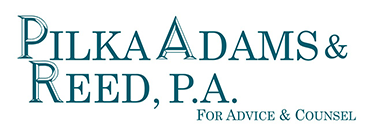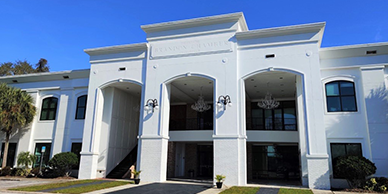Florida property owners are sometimes surprised by how the local government can sometimes limit what they can do with their property. Zoning laws can determine what one is legally permitted to do with land or a building, and this can sometimes lead to complications when a homeowner believes zoning laws unnecessarily hinder his or her rights. It is prudent to understand zoning before purchasing or altering property.
Examples of zoning designations
There are multiple examples of how property could be designated. The intent of different zones is to protect property values and keep similar properties close together. For example, zoning laws mean that a commercial operation could not build in the middle of a neighborhood or school zone. Examples of different types of zones include:
- Residential, including single-family homes, apartments and more
- Commercial, including shopping centers, restaurants, office buildings and more
- Industrial, including manufacturing plants, storage facilities and more
Certain factors, such as noise levels, potential hazards and traffic flow may also affect how a specific property is zoned. An owner has the right to challenge a zoning designation if he or she believes it is unfair or unnecessary.
Protecting property rights
There are specific things Florida property owner can do if he or she believes zoning laws are unfair or unreasonable. It will be helpful to work with an experienced real estate attorney to better understand how zoning designations could affect property use. An assessment of the individual situation will reveal what options are available.

